Day 768 of 1000
This is the third in a series of posts about how a mid-career Masters degree changed my life. I admire people who do an after work and weekends Masters degree so they can pay the rent and support the family, but I did not do it that way. I bailed out of my job and dived in full time after having spent ten years in the workforce. The introductory post and index to all the other posts in the series is here.
[Previous post in series]
[Next post in series]
I have good friend named Troy who made one of the most bold mid-career moves I have ever seen. He spent the better part of a decade in Christian ministry. Before that, he went to a local community college up in Ohio. His grades were not so hot because his heart was not really in it. At around age 30 he left the ministry and needed a way to make a living. He had done a pretty big water project during his time in the ministry that he really enjoyed so he thought he might take a stab at a degree in Construction Engineering Management (CEM). He decided to move down to our part of the world, work for awhile to be a resident so he could get in-state tuition, and then go back to college.
About that time, our family met him at church and we struck up a friendship. We went out to lunch after church quite a lot and we talked about his plan. In our discussions, he explained he was most interested in the technical aspects of water and construction projects much more than their management. I asked him why he did not think about trying a degree in Civil Engineering rather than CEM. He said he liked that idea, but Civil Engineering is a much harder course of study (it truly is) and he did not know if he could handle some of the math and chemistry given his current responsibilities as he was planning to get married at the time.
I suggested that after he started a family, he would not have much chance to switch careers again, so he would probably be stuck doing whatever he studied after whatever degree he got. I also suggested that fear of a hard course in math or chemistry was no reason to give up on a career that he thought he would truly love. Fortunately, his fiancee, who had taken a hard course of study in college through graduate school was on exactly the same page, so I was just reenforcing something she had already said. Both of us felt (independently–I had not met her yet), that if he got really stuck, it was possible to get an inexpensive, but really good tutor for whatever material caused him problems.
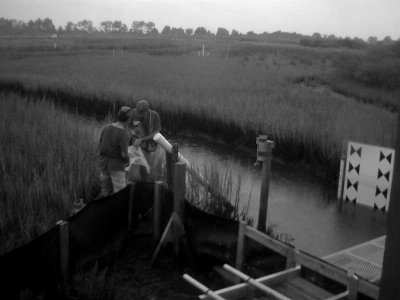 With the help of his wife, he decided to go for it. His next big problem was to convince one of the top Civil Engineering schools in the country to admit him to their program. That was precisely my problem when I wanted to go back to college before I met Dr. Johnson. I did not think anyone would let me into a program of any quality, especially for an engineering degree. Troy felt the same way. Even though he had gotten stellar grades in high school, he really was not paying attention while he was at the community college many years before and had, like me, dug himself a pretty deep hole. Still, because of my experience at UTEP, I encouraged Troy to go talk to whoever would listen to him about getting accepted into the program on a probationary status. I encouraged him to use the fact of his long run in Christian ministry as an indicator of his repsonsibility. Again, you have to use examples of what you have done right to move forward. It worked. He was admitted on a probationary status–the same as mine when I got admitted to UTEP. He had to pass two very difficult, technical classes to remove the probationary status. One of the classes was the math class he feared the most.
With the help of his wife, he decided to go for it. His next big problem was to convince one of the top Civil Engineering schools in the country to admit him to their program. That was precisely my problem when I wanted to go back to college before I met Dr. Johnson. I did not think anyone would let me into a program of any quality, especially for an engineering degree. Troy felt the same way. Even though he had gotten stellar grades in high school, he really was not paying attention while he was at the community college many years before and had, like me, dug himself a pretty deep hole. Still, because of my experience at UTEP, I encouraged Troy to go talk to whoever would listen to him about getting accepted into the program on a probationary status. I encouraged him to use the fact of his long run in Christian ministry as an indicator of his repsonsibility. Again, you have to use examples of what you have done right to move forward. It worked. He was admitted on a probationary status–the same as mine when I got admitted to UTEP. He had to pass two very difficult, technical classes to remove the probationary status. One of the classes was the math class he feared the most.
He got a tutor for the the class he thought he might not be able to handle on his own. He received an A i both classes. His success helped him realize he could do it on his own. The tutors really were a help, but the help came in the form of a confidence boost as much as an academic boost. He was admitted on a probationary status, passed the two courses they gave him and was a full time, matriculated student in Civil Engineering in short order. He graduated Summa Cum Laude three years after he started.
Since graduating with his Bachelors degree, Troy has moved on to a PhD in engineering. The image that accompanies this post is of Troy’s undergraduate research project called GaugeCam.com. It was so successful, it has continued beyond his undergraduate effort and has been taken over by faculty and additional graduate student researchers. So far there has been one refereed journal article, with a second almost ready for publication, and several more in the works. It pays to make bold moves.
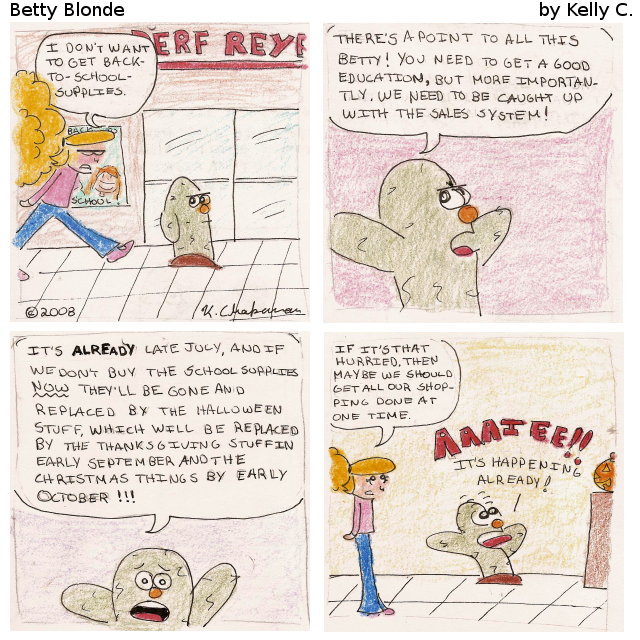
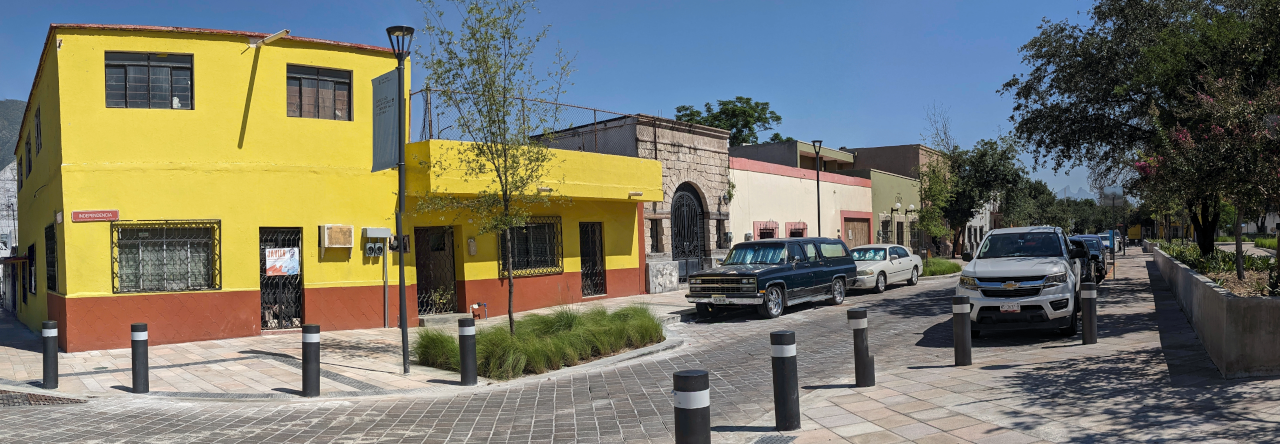
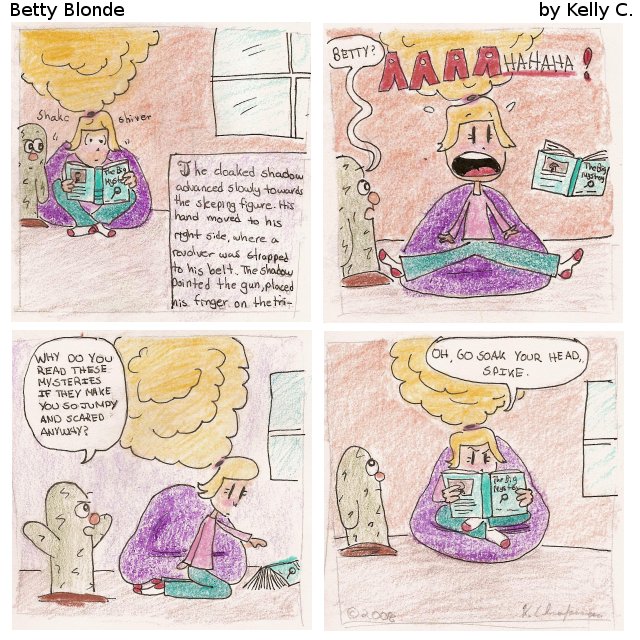
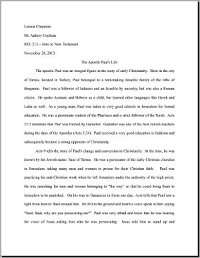

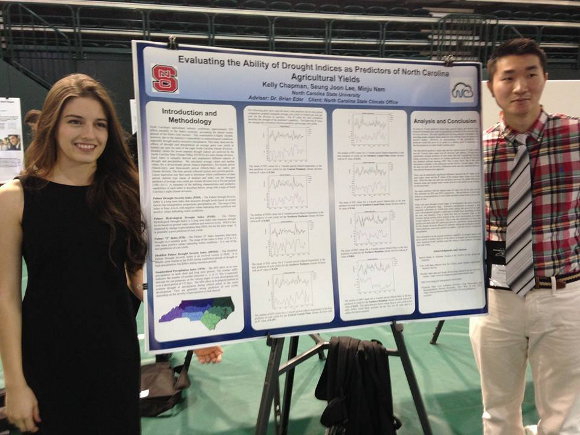
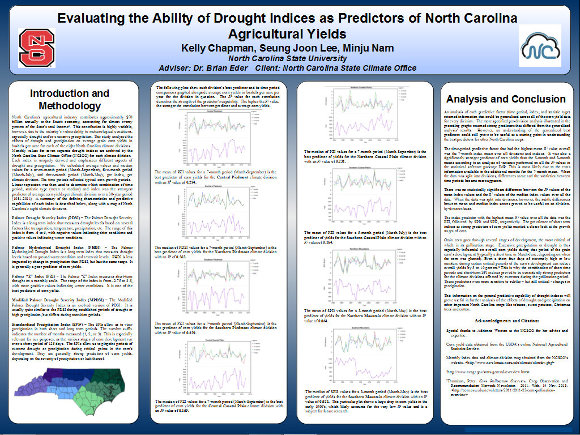
 My professor for Statistical Quality Control at the University of Texas at El Paso was Dr. Thomas McLean. He was the head of the department, a classmate of Ross Perot at the Naval Academy, and a great guy. I was there to run the Machine Vision Applications Laboratory which was started by Dr. Carroll Johnson and I, but they talked me into getting a Masters degree in Industrial Engineering at the same time. I had to take a few undergraduate leveling classes to get started and the SQC class was one of them.
My professor for Statistical Quality Control at the University of Texas at El Paso was Dr. Thomas McLean. He was the head of the department, a classmate of Ross Perot at the Naval Academy, and a great guy. I was there to run the Machine Vision Applications Laboratory which was started by Dr. Carroll Johnson and I, but they talked me into getting a Masters degree in Industrial Engineering at the same time. I had to take a few undergraduate leveling classes to get started and the SQC class was one of them. Amazingly, Christian uses many of the same algorithms for his undergraduate research as I do for my day job. Christian created the image to the left. It is a normalized correlation response map used in the process of finding a pattern in an image. His work is very technical–some of the elements of his research requires deeper math skills than I normally use. It has been fun watching the work move forward.
Amazingly, Christian uses many of the same algorithms for his undergraduate research as I do for my day job. Christian created the image to the left. It is a normalized correlation response map used in the process of finding a pattern in an image. His work is very technical–some of the elements of his research requires deeper math skills than I normally use. It has been fun watching the work move forward. This a picture Kelly snapped while at work at the fabulous new NCSU Hunt Library today. As I am stuck out in Prescott without the family working through the weekend, I got a little melancholy. Lorena, the kids and I started going down to the NCSU Hill Library (the old one) when the kids started community college three and a half years. At first it was fun because we got to watch the posturing and histrionics of the college kids while Lorena, Kelly, and Christian studied and I worked on volunteer research for NCSU.
This a picture Kelly snapped while at work at the fabulous new NCSU Hunt Library today. As I am stuck out in Prescott without the family working through the weekend, I got a little melancholy. Lorena, the kids and I started going down to the NCSU Hill Library (the old one) when the kids started community college three and a half years. At first it was fun because we got to watch the posturing and histrionics of the college kids while Lorena, Kelly, and Christian studied and I worked on volunteer research for NCSU.  With the help of his wife, he decided to go for it. His next big problem was to convince one of the top Civil Engineering schools in the country to admit him to their program. That was precisely my problem when I wanted to go back to college before I met
With the help of his wife, he decided to go for it. His next big problem was to convince one of the top Civil Engineering schools in the country to admit him to their program. That was precisely my problem when I wanted to go back to college before I met